Russia’s Federation Council of the Federal Assembly unanimously approved a decree on Thursday, setting the date for the country’s next presidential election on March 17, 2024.
The decision has significant implications, potentially positioning President Vladimir Putin for a fifth term in office.
Join our WhatsApp ChannelWhile Putin, has not officially declared his candidacy, the widely anticipated move is expected to come in the following days now that the election date is set.
The election marks a crucial moment in Russia’s political landscape, with residents of the Donetsk, Luhansk, Zaporizhia, and Kherson regions of Ukraine, annexed by Russia, participating for the first time.
Valentina Matviyenko, head of the Federation Council, emphasized the collective responsibility of choosing a head of state, emphasizing the shared destiny of the nation.
The constitutional reforms orchestrated by Putin in 2020 make him eligible to seek two more six-year terms after his current one expires next year.
While the constitutional changes received overwhelming support from Russian voters in 2020, critics alleged widespread falsification of the outcome.
READ ALSO: Saudi Arabia, Russia Extend Oil Production Cuts By 2 Months
Putin’s dominance over Russia’s political system, coupled with the absence of viable challengers, virtually assures his victory if he decides to run.
Most prominent critics who could potentially challenge him are either incarcerated or living abroad, and independent media outlets face severe restrictions.
Despite challenges such as the prolonged military campaign in Ukraine and a failed rebellion led by mercenary chief Yevgeny Prigozhin, Putin’s approval ratings remain high, according to independent pollsters.
The March 2024 election is expected to pave the way for Putin to extend his rule until at least 2030. If successful, he could potentially remain in power until the age of 83.
As speculation swirls around potential challengers, two individuals have officially declared their intention to run: former lawmaker Boris Nadezhdin and journalist/lawyer Yekaterina Duntsova.
However, getting on the ballot may prove challenging for them. According to Russian election laws, candidates not nominated by one of the five political parties in the State Duma, the lower house, must gather a substantial number of signatures across multiple regions.
For those running independently, the requirement is even more stringent, necessitating a minimum of 300,000 signatures from 40 or more regions.
Somto is an Entertainment Reporter with a passion for uncovering the latest stories in the world of entertainment. As a dedicated journalist, Somto delivers in-depth reporting, exclusive interviews, and breaking news coverage.
She covers a wide range of topics, from celebrity interviews to industry trends and film reviews.
As an Entertainment Reporter for Prime Business Africa, She continues to provide comprehensive and insightful coverage of the entertainment industry, offering readers an insider's perspective on the latest developments and trends. She is a trusted source for breaking news, exclusive interviews, and thought-provoking analyses.
Somto is dedicated to providing valuable information and entertainment to her audience while upholding the highest standards of journalistic integrity.
Follow Somto on social media:
LinkedIn: Somtochukwu Bisina
#EntertainmentReporter #MediaProfessional #Journalism

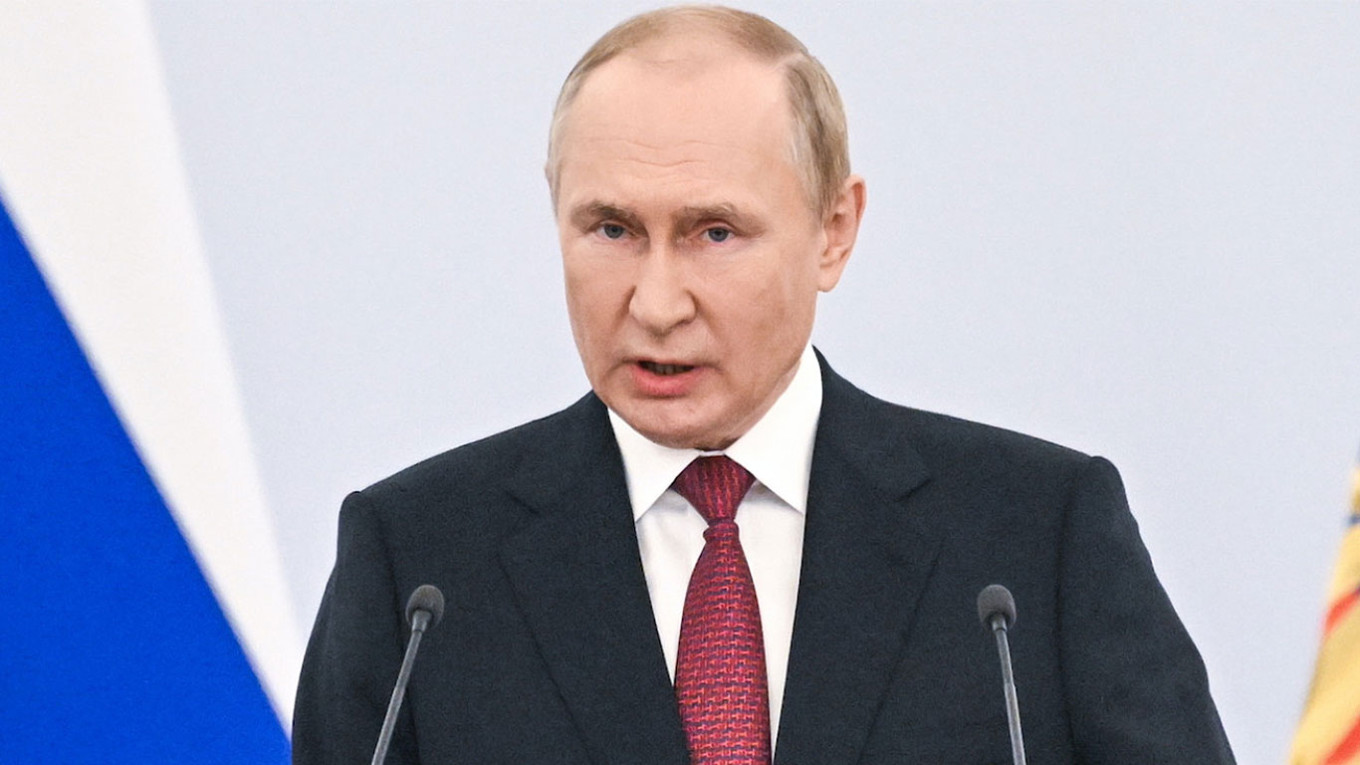



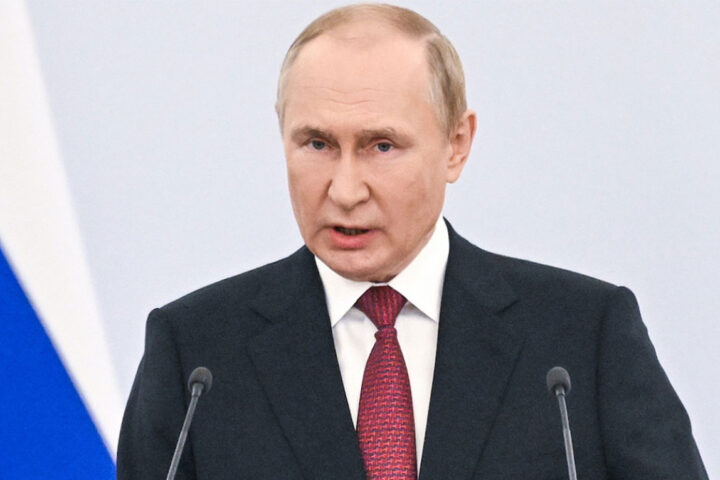
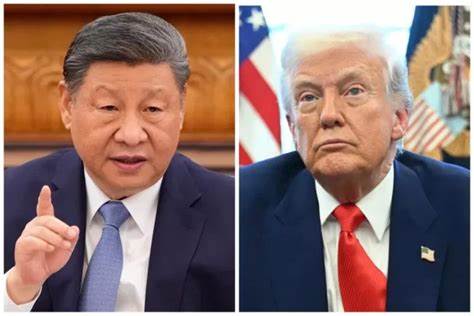
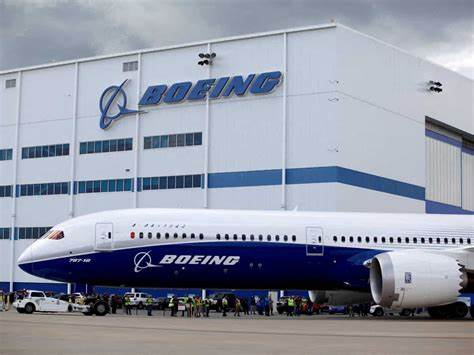








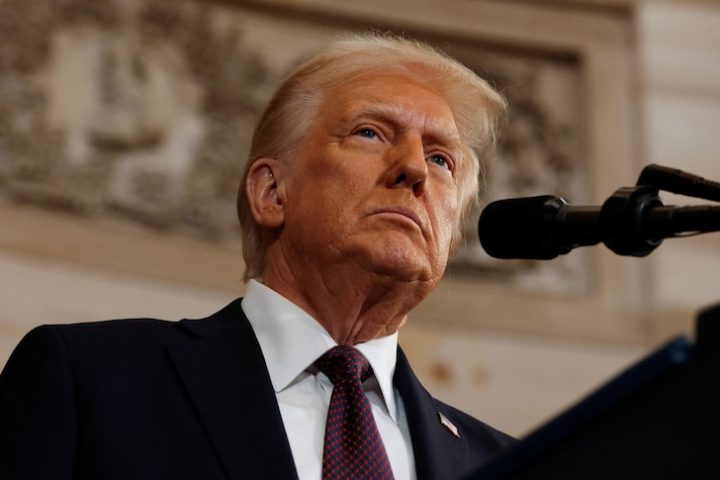
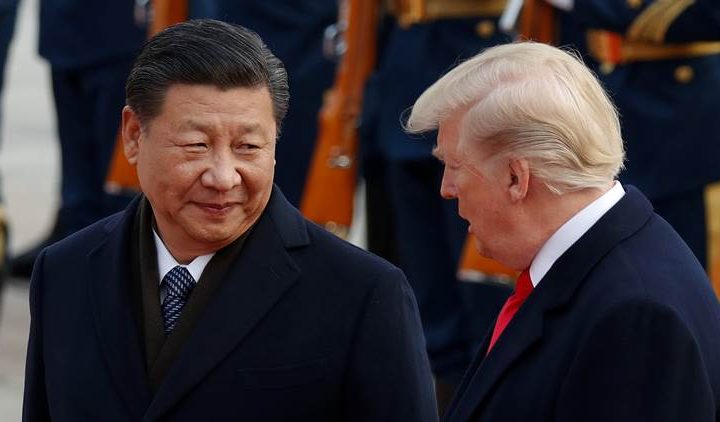
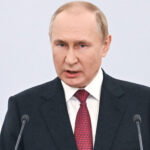
Follow Us